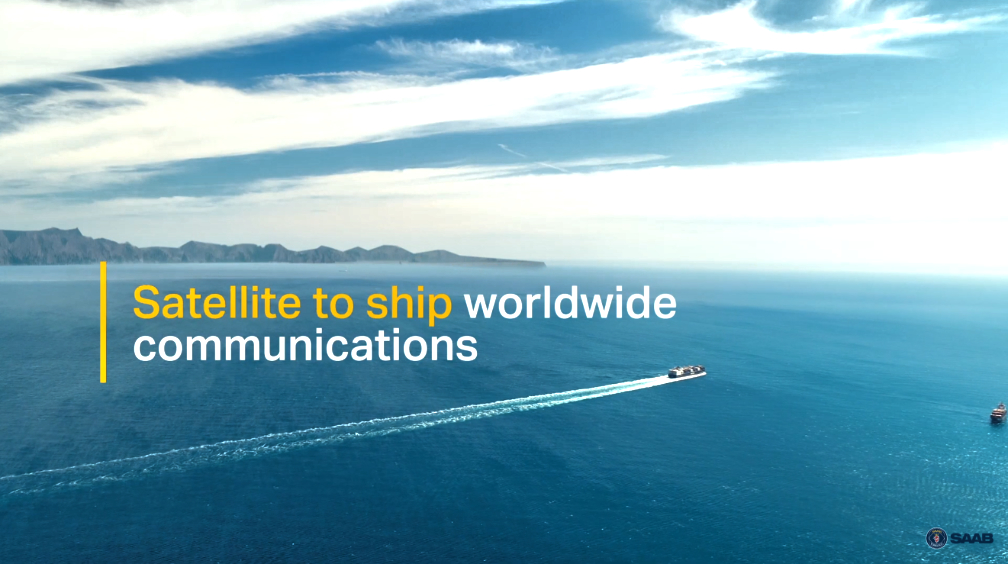AAC Clyde Space along with ORBCOMM Inc. and Saab will be collaborating on the development of a next generation VDES (VHF Data Exchange System) satellite, the first of an intended, cutting-edge LEO satellite to, as the company stated, “revolutionize maritime communications.”
VDES (info video at this direct link…) has the potential to the transform the international maritime sector and improve the safety of sea fairing vessels, from the broadcast of maritime safety information to route exchange. It supports direct ship-to-ship and ship-to-coast communication, but its key characteristic is that it supports two-way communications, this means that vessels can have two-way communications globally.
Additionally, when compared to other global comms systems available already, VDES is standardized and intended for every ships bridge so there would potentially be no need for new custom hardware onboard the ship, apart from the mandatory equipment.

Many small vessels currently use satellite AIS, automatic identification system, but with up to 32 times more bandwidth than current AIS services, VDES can be integrated with e-navigation systems, providing savings in fuel and emissions of up to 25 percent, while aiding maritime navigation and safety. The higher rate communications and flexibility of the service would be able to support a variety of services from vessel traffic services to search and rescue.
The space-based maritime communication infrastructure will increase VDES range from the shoreline to anywhere in the ocean, converting what is currently a predominantly coastal system into a global maritime system.
The satellite will carry a VDES payload from Saab for two-way communication between satellite and ground. ORBCOMM will integrate the data in its distribution centre for maritime communications.
The EPIC 3U demonstration satellite will be assembled at AAC Clyde Space’s new integration facility in Uppsala, Sweden. After demonstrating its VDES capabilities, the EPIC 3U satellite will also deliver AIS data to ORBCOMM, which will then be distributed to its government and commercial customers for ship tracking and other maritime navigational and safety efforts.
AAC Clyde Space, ORBCOMM Inc. and Saab have received a grant from the Swedish Transport Administration (Trafikverket) to build, launch and commission a smallsat with global coverage. The Swedish space project is expected to start in October of 2020, with the launch of the demonstration satellite in mid-2022, followed by on-orbit demonstration and testing, which will end in the first quarter of 2023.
Source: satnews